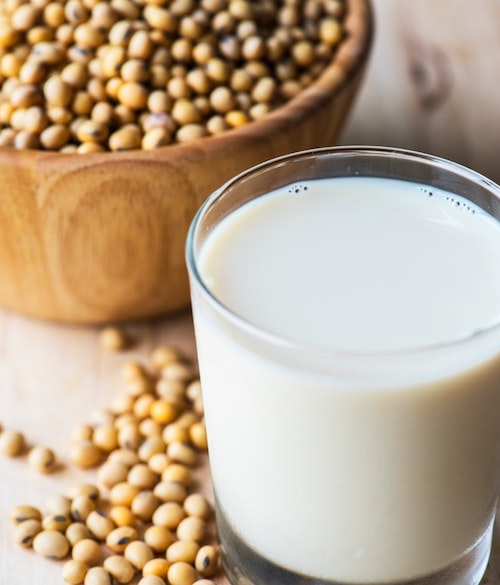While there is a growing emphasis on plant-based diets because of environmental and health benefits, little is known about how healthy these diets are for keeping muscles strong in elderly people.
Oliver Witard of King’s College London presented research at The Physiological Society’s Future Physiology 2020 conference about soy and wheat proteins showing that a larger dose of these plant proteins is required to achieve a comparable response of building muscles. Researchers found that on a gram-for-gram basis, animal proteins are more effective than plant proteins in supporting the maintenance of skeletal muscle mass with advancing age.

They also noted that simply transitioning from an animal-based protein diet to a plant-based diet, without adjusting total protein intake, would likely be detrimental to muscle health during ageing. A more balanced and less extreme approach to changing dietary behavior, meaning eating both animal and plant-based proteins, may be the best choice.
Witard and his colleagues conducted carefully controlled laboratory studies in human volunteers that involve the ingestion of plant compared with animal-based protein sources. To test changes in participants’ muscles, they use several techniques including stable isotope methodology, blood sampling, and skeletal muscle biopsies to see how quickly the muscles were building up from amino acids.
Commenting on the research, Oliver Witard said: “This research challenges the broad viewpoint that plant proteins don’t help build muscles as much as animal protein by highlighting the potential of alternative plant-based protein sources to maintain the size and quality of ageing muscles.” It’s important to note that this research to date has only compared two plant-based protein sources, namely soy and wheat. The researchers in this field will be conducting further research on other promising plant proteins such as oat, quinoa and maize.





